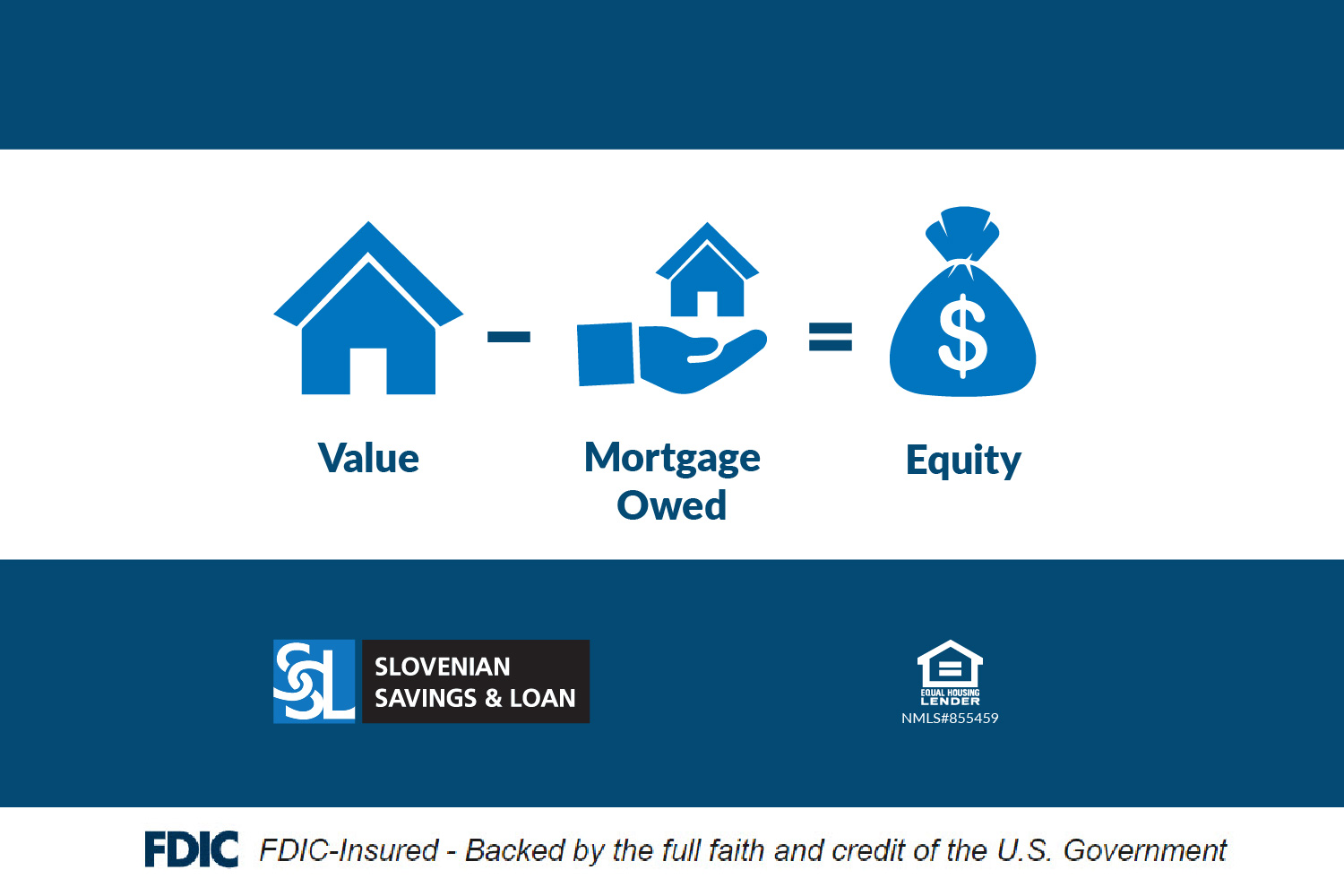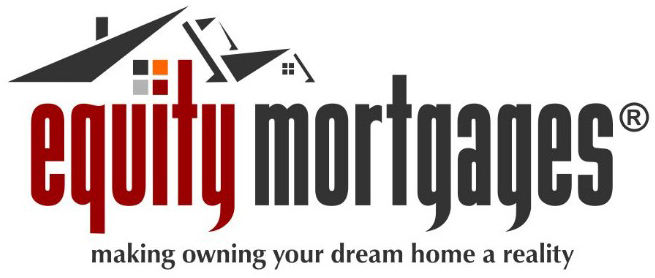A Comprehensive Guide to Picking the Right Equity Release Mortgages for Your Demands
Picking the ideal equity Release home mortgage is a considerable decision for lots of property owners. It entails comprehending numerous products and reviewing personal economic needs. With choices like life time home loans and home reversion schemes, the path can appear complex. Secret factors to consider include rates of interest and flexibility. As individuals browse this landscape, considering potential dangers and benefits comes to be vital. What variables should one prioritize to assure the very best end result?
Understanding Equity Release Mortgages
Equity Release home mortgages provide a financial option for homeowners seeking to access the value secured in their residential or commercial properties. Largely designed for individuals aged 55 and over, these mortgages enable them to convert component of their home equity right into cash money while remaining to stay in their homes. Property owners can use these funds for different objectives, such as supplementing retired life revenue, moneying home improvements, or covering healthcare costs. The core concept behind equity Release is that the lending is paid back upon the property owner's death or when they move into lasting treatment, whereupon the property is usually sold to resolve the financial obligation. This approach makes it possible for individuals to delight in the advantages of their home's value without needing to relocate. It is vital for prospective customers to understand the implications of equity Release, consisting of potential effect on inheritance and recurring economic dedications, before making a decision.
Sorts Of Equity Release Products
When exploring equity Release items, it is vital to comprehend the main kinds offered. Lifetime home mortgages, home reversion plans, and drawdown plans each deal distinct attributes and advantages. Assessing these alternatives can help individuals in making enlightened financial choices regarding their property.
Lifetime Home Loans Described
Lifetime home loans represent one of one of the most typical kinds of equity Release items available to home owners in retirement. This kind of home mortgage allows people to obtain against the worth of their home while preserving ownership. Commonly, the finance and interest accumulated are settled when the house owner passes away or moves right into lasting care. Consumers commonly have the alternative to choose between set and variable rates of interest, in addition to whether to make month-to-month repayments or let the rate of interest roll up. The quantity readily available to borrow typically relies on the homeowner's age and residential property worth. This economic solution can offer retired people with essential funds for numerous needs, including home enhancements or extra revenue, while allowing them to remain in their homes.
Home Reversion Schemes

Drawdown Plans Overview
Drawdown strategies represent an adaptable choice within the range of equity Release items, allowing homeowners to access their home's value as required. These plans allow people to Release a portion of their home equity incrementally, as opposed to obtaining a lump sum upfront. This versatility can be specifically helpful for managing financial resources with time, as customers only pay passion on the amounts they withdraw. Commonly, drawdown plans include a pre-approved restriction, ensuring that home owners can access funds when required without reapplying. In addition, this approach can help reduce the influence of worsening passion, as much less cash is obtained. Overall, drawdown plans accommodate those seeking monetary flexibility while keeping control over their equity Release trip.
Secret Factors to Think About
When selecting an equity Release mortgage, several key variables necessitate mindful factor to consider. Rates of interest contrast, the loan-to-value ratio, and the flexibility of attributes supplied can substantially influence the viability of a product. Assessing these elements will certainly assist people make notified decisions that line up with their monetary goals.
Rate Of Interest Comparison
Navigating the landscape of equity Release mortgages calls for cautious consideration of rates of interest, which play a necessary function in determining the total expense of the car loan. Consumers need to compare set and variable prices, as taken care of rates use security while variable prices can fluctuate based upon market conditions. In addition, the timing of the rate of interest lock-in can greatly influence the overall settlement quantity. Potential consumers should likewise evaluate the interest rate (APR), that includes different fees and expenses linked with the home loan. Understanding the ramifications of various rate of interest will make it possible for individuals to make educated choices customized to their monetary scenario. Ultimately, a detailed analysis of these aspects can lead to much more positive equity Release outcomes.

Loan-to-Value Ratio
The loan-to-value (LTV) ratio acts as a critical metric in the domain name of equity Release home mortgages, affecting both qualification and borrowing capacity. It is determined by splitting the quantity of the lending by the assessed value of the residential property. Usually, a greater LTV proportion suggests a higher danger for lending institutions, which can bring about more stringent borrowing standards. The majority of equity Release items have certain LTV limitations, often determined by the age of the customer and the worth of the home. LTV proportions typically vary from 20% to 60%, relying on these aspects. Comprehending the ramifications of the LTV ratio is vital for customers, as it directly influences the quantity they can access while ensuring they remain within secure borrowing restrictions.
Adaptability and Functions
Understanding the adaptability and functions of equity Release home mortgages is essential for consumers looking for to maximize their economic choices. Various items offer differing levels of flexibility, such as the capacity to make partial payments or the option to take a swelling sum versus normal withdrawals. Customers should additionally think about the transportability of the home loan, which permits them to transfer it to a brand-new home if they determine to move. Extra features like the capability to consist of family participants or the option for a no-negative-equity guarantee can improve safety and security and assurance. Ultimately, examining these variables will aid borrowers choose a strategy that aligns with their long-lasting individual scenarios and economic goals.
The Application Process
Exactly how does one browse the application procedure for equity Release home loans? The trip starts with reviewing eligibility, which usually requires the applicant to be a minimum of site link 55 years old and own a considerable part of their home. Next off, people must collect necessary documentation, including proof of identification, building, and earnings valuation.Once prepared, applicants can come close to a lending institution or broker focusing on equity Release. A financial expert might likewise provide valuable guidance, making certain that all alternatives are thought about. Following this, the candidate submits a formal application, which consists of a thorough examination of their monetary situation and residential property details.The loan provider will after that carry out an appraisal, which might involve a home evaluation and conversations concerning the candidate's needs and circumstances. The procedure culminates with a formal deal, permitting the applicant to evaluate the terms before making a last choice. Clear communication and understanding at each step are vital for a successful application.

Costs and Costs Involved
Many costs and charges are related to equity Release mortgages, and possible consumers should understand these monetary factors to consider. There might be an application fee, which covers the loan provider's management expenses. Additionally, assessment charges are typically needed to analyze the residential property's worth, and these can differ significantly based upon the residential or commercial property's dimension and location.Legal fees must also be factored in, as consumers will certainly need a lawyer to navigate the lawful aspects of the equity Release process. Additionally, some loan providers might impose very early payment fees if the home loan is repaid within a particular term.It is important for borrowers to extensively review all prices related to an equity Release mortgage, as they can impact the overall worth of the equity being released. A clear understanding of these charges will certainly enable individuals to make informed decisions
Potential Threats and Advantages
Equity Release mortgages come with a variety of expenses and fees that can influence a consumer's economic situation. They provide significant advantages, such as accessibility to funds without the need to sell the home, permitting consumers to utilize the money for retirement, home renovations, or to support household members. Nonetheless, possible risks exist, including the reduction of inheritance for beneficiaries, as the finance amount plus passion have to be repaid upon the customer's death or relocate right into long-term treatment. Furthermore, the see residential property's value may dislike as anticipated, bring about a larger financial obligation than anticipated. Customers may also deal with restrictions on offering the residential or commercial property or moving. If equity Release aligns with their long-term financial objectives, it is crucial for individuals to thoroughly consider these dangers versus the advantages to identify. A comprehensive understanding of both aspects is essential for making an educated decision.
Inquiries to Ask Prior To Dedicating
When taking into consideration an equity Release mortgage, potential customers need to ask themselves a number of essential concerns to assure they are making an educated choice. They must initially examine their financial scenario, including existing debts and future demands, to determine if equity Release is appropriate. It is crucial to inquire concerning the overall expenses entailed, including costs, rates of interest, and any type of charges for very early repayment. Borrowers should additionally ask exactly how equity Release will affect inheritance, as it may decrease the estate left for successors. Understanding the regards to the agreement is necessary; for that reason, concerns concerning the adaptability of the plan, such as the capability to make payments or take out extra funds, should be attended to. Ultimately, possible consumers need to think about the reputation of the loan provider and whether independent economic guidance has actually been sought to ensure all facets are thoroughly comprehended.
Regularly Asked Questions
Can I Choose Just How Much Equity to Release?
People can usually choose just how much equity to Release from their building, yet the amount may be influenced by aspects such as age, property worth, and lender needs - equity release mortgages. Consulting with an economic consultant is a good idea
What Takes Place if Building Worths Decrease?
If property worths decrease, the equity readily available for Release diminishes, possibly resulting in a scenario where the impressive mortgage goes beyond the home value. This situation might limit economic options and influence future preparation for house owners.
Can I Still Relocate Home With Equity Release?
The capacity to move home with equity Release relies on the particular regards to the equity Release strategy. Generally, several plans enable home owners to transfer their equity Release to a brand-new residential or commercial property, based on authorization.
Just How Does Equity Release Affect My Inheritance?
Equity Release can substantially impact inheritance. By accessing home equity, the general worth of an estate might decrease, potentially minimizing what beneficiaries get. It's vital for people to take into consideration these implications when picking equity Release alternatives.
Are There Any Age Constraints for Applicants?
Age limitations for equity Release candidates commonly require individuals to be at least 55 years old (equity release mortgages). Lenders may go to this website have extra standards, frequently taking into consideration the applicant's financial situation and the home's value during the examination process
Verdict
In summary, choosing the right equity Release home mortgage calls for mindful analysis of specific monetary scenarios and objectives. By recognizing the numerous item types, essential elements, and associated prices, consumers can make enlightened decisions. Additionally, recognizing possible threats and advantages is vital for long-term financial security. Seeking independent financial advice can additionally improve the decision-making process, making certain that the picked equity Release remedy lines up with the property owner's overall economic technique and future desires. Equity Release home mortgages supply a monetary solution for house owners looking to access the value secured in their properties. Comprehending the flexibility and attributes of equity Release home mortgages is vital for borrowers seeking to optimize their monetary alternatives. Some lenders might enforce very early payment charges if the home mortgage is paid off within a particular term.It is essential for debtors to thoroughly evaluate all prices linked with an equity Release mortgage, as they can influence the total worth of the equity being released. The capability to relocate home with equity Release depends on the particular terms of the equity Release strategy. Looking for independent financial recommendations can further improve the decision-making procedure, making certain that the chosen equity Release option aligns with the property owner's general economic strategy and future goals.
Comments on “What to Review Before Applying for Equity Release Mortgages”